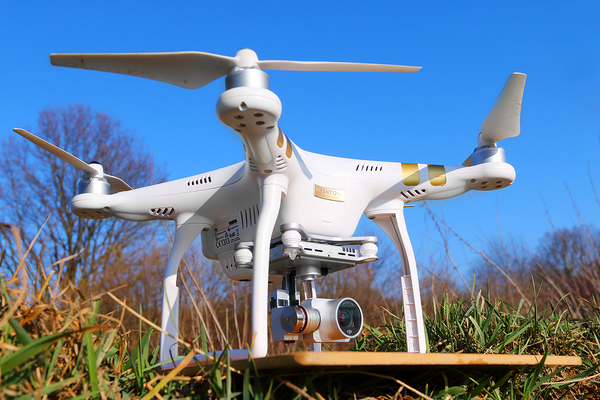For any profession, such as engineering, that requires professional development hours, a convenient way to find and take courses makes a difference. When continuing ed students can save a little money, even better.
If you’re an engineer who’s searching for courses that fit into your busy career and budget, PDH Academy has the answer. Here’s what you get in our engineering course bundle.
Ethics in the World of Engineering: 2 Hours
All engineering professionals need continuing education in ethics. Course AIAPDH222, Ethics in the World of Engineering, keeps your knowledge and skills sharp on common conduct standards and professionalism and professional responsibility.
This course, developed by Professor Nael Barakat, Ph.D. P.Eng. FASME, connects the physical results of engineering, such as machines and other technology, with the people who created them.
The course begins with an explanation of why a code of ethics matters in engineering and goes on to discuss how engineers can take personal responsibility.
Barakat illustrates how every widely recognized code of ethics shares the same central philosophies:
- Ensuring a commitment to human health and welfare
- Upholding the “dignity and right to consent” of people
- Striving to understand the link between engineering technology advancements and the effects that technology has on society
- Embracing “accountability for the results of engineering projects”
- Committing to the advancement of engineering
Learning objectives
- How engineering interacts with people and society
- Why ethics in engineering matters
- Ethics in engineering and how it compares to personal and spiritual beliefs
- The importance of ethics in engineering to protect people and advance the profession
- What constitutes professional responsibility
- Why continuing education is important
- How engineering affects the environment
- Public concerns and their effect on advances in technology

Drones or small unmanned aircraft systems are improving 3D modeling with better data collection capabilities.
sUAS Aerial Acquisition Data for 3D Modeling: 4 Hours
Drones or small unmanned aircraft systems aren’t new, but they’re newly popular. Engineers have only recently begun to tap into their data collection capabilities. As 3D modeling becomes more widely available and useful in engineering and architecture, new ways of improving the quality of data and its reliability are more important.
Continuing education course AIAPDH148 is designed to teach the capabilities and limitations of drones and the usefulness of data collection for 3D modeling.
This course discusses why drones can improve data quality for better 3D modeling results.
Learning objectives
- What is and isn’t possible in sUAS data collection for 3D modeling purposes
- How the data can support better engineering processes and technology
- FAA regulations, why they exist and how they apply to drone operator responsibility and safety
- Types of sUAS devices and emerging technology for them
- The importance and scope of flight planning software in drone-assisted 3D modeling
As long as you’re active in the engineering industry, continuing education will be a major part of your career. It’s the same in many professions. Continuing education helps support what you already know and supplement it with new ideas, new regulations and new philosophies that you might not be familiar with.
At PDH Academy, we’re committed to your education. With our course bundle, we can also help save you a little money. If it’s time to acquire your professional development hours for this term, check out all of our PE approved courses.







